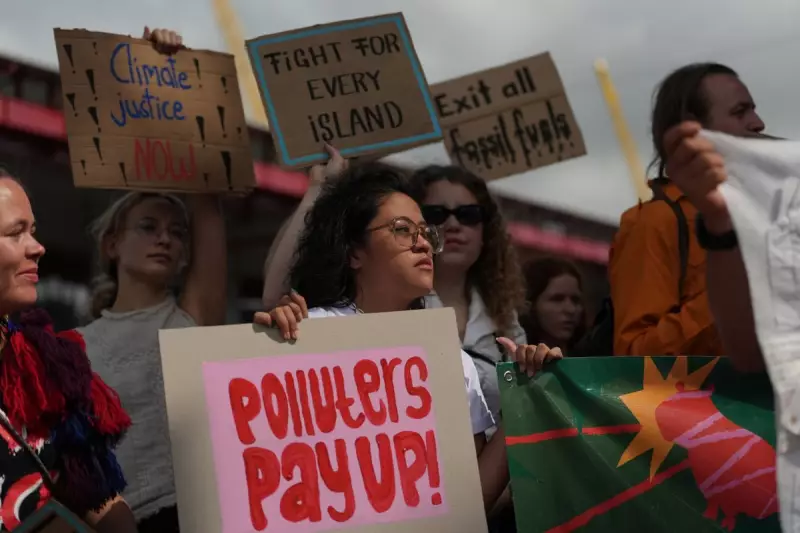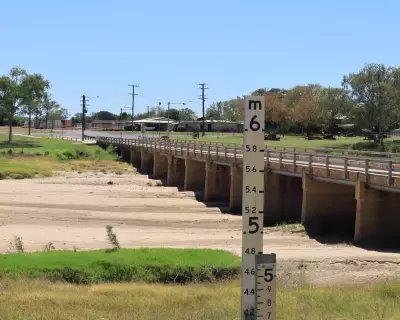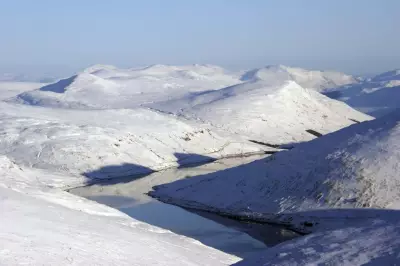
Midway through the United Nations COP30 climate negotiations in Brazil, the talks have taken an unexpected turn, moving beyond their initial narrow focus and potentially setting the stage for significant new global commitments.
From Implementation to Ambition: A Shift in Negotiations
The Brazilian hosts initially framed this conference as one dedicated to "implementation" of existing, unfulfilled climate promises. However, that limited scope has been cast aside. The escalating urgency of the climate crisis is now driving negotiators to push for more substantial, big-picture action.
Key points of contention include weak national plans for cutting heat-trapping emissions, insufficient financial aid for climate-vulnerable nations, and establishing a concrete path to phase out coal, oil, and gas. In response to this mounting pressure—amplified by Brazilian President Luiz Inácio Lula da Silva—the conference chairman, veteran diplomat André Corrêa do Lago, announced on Saturday that he would consider a comprehensive, end-of-summit communiqué.
"I think things have changed, which is a very good thing," remarked Jean Su from the Center for Biological Diversity, highlighting the growing momentum. "Our hope is that in particular there’s going to be some commitment on phasing out fossil fuels."
The Stakes and the Gaps on the Road to Belem
The pressure for a meaningful outcome is immense. Jasper Inventor of Greenpeace International noted, "What’s at stake now is probably higher than the last several COPs because you’re looking at an ambition gap." This gap is starkly visible in the latest national climate pledges.
Under the 2015 Paris Agreement, nations are required to submit updated climate action plans every five years. While 116 of 193 countries have filed their plans this year, analyses by the UN and the Climate Action Tracker reveal these pledges are woefully inadequate. Their calculations show that even if all current promises are met, the planet would still warm to approximately 0.7 degrees Celsius above the critical 1.5-degree Paris target.
This has led small island nations, spearheaded by Palau, to demand the conference formally address this dangerous shortfall. Furthermore, specific details on delivering the $300 billion annual climate finance pledge from wealthy nations to developing countries remain unresolved. These controversial topics were not originally on the agenda, but after early interventions from various countries, the conference president has pushed the decision on how to proceed to the incoming ministers for the final week.
Momentum for a Fossil Fuel Phase-Out and Indigenous Demands
There is a renewed drive to put the phase-out of fossil fuels back at the centre of the global climate agenda. UN General Assembly President Annalena Baerbock observed "new momentum" in Belem, emphasising that fighting the climate crisis requires "transitioning away from fossil fuels."
While a commitment to "transition away" was agreed upon two years ago in Dubai, it was absent from last year's talks, with no details on execution. President Lula's call for "a road map for humanity to overcome... its dependence on fossil fuels" has been hailed as a crucial political signal that could shape the final outcome.
Despite being promoted as the "Indigenous Peoples’ COP," the summit has been marked by protests. Indigenous groups twice blockaded the venue, demanding a more substantial role in the decision-making process. A representative from the Wisdom Keepers Delegation stated the disruptions were "a testament that unfortunately, for Indigenous peoples to be heard, they actually need to be disruptive," highlighting a significant power imbalance at the negotiations.
As ministers arrive for the final week of talks, all eyes are on whether this newfound momentum can be translated into a high-ambition package that addresses the glaring gaps in emissions targets, climate finance, and the definitive end of the fossil fuel era.





